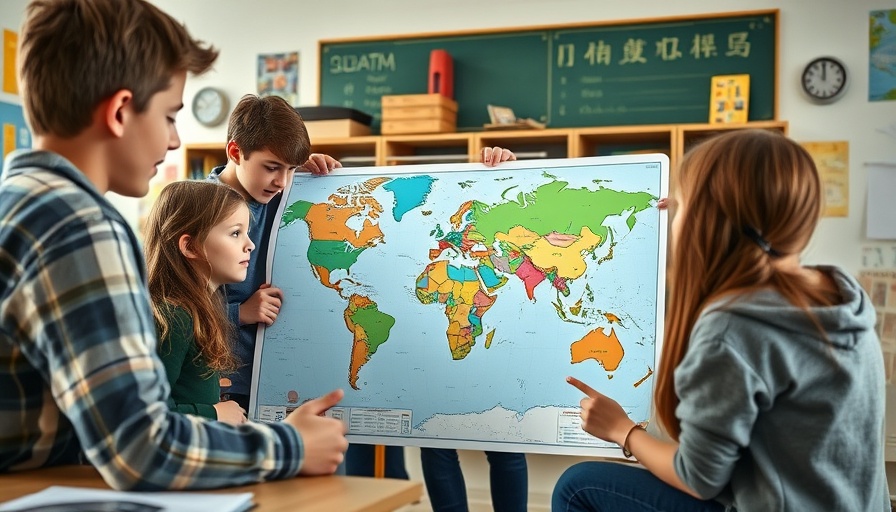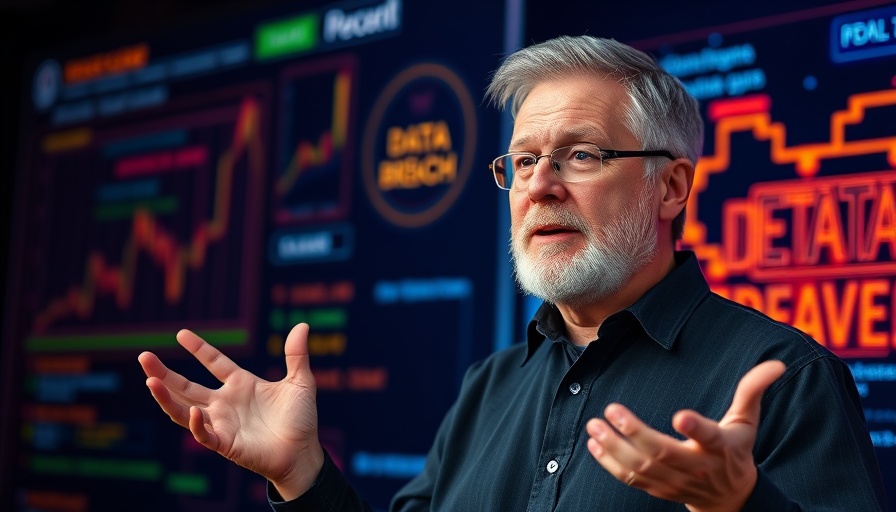
The Transformative Power of Global Learning in Education
In today's interconnected world, the demand for culturally responsive education has never been more urgent. Schools are tasked with equipping students not only with academic skills but also with a sense of belonging and agency in a diverse society. At Morton East High School in Chicagoland, this approach is personified by Sofia Gonzalez, an English teacher who has dedicated herself to empowering her students through global learning initiatives.
Understanding the Cultural Landscape
With a classroom rich in Latino, immigrant, and first-generation students, Gonzalez infused her curriculum with elements that reflect their unique backgrounds. Her own experiences as a Fulbright Global Scholar illuminated the path for this transformation. Working both in India and Argentina, Gonzalez witnessed firsthand how education can transcend geographical boundaries, becoming a shared journey of cultural exchange and mutual understanding.
Bringing Global Context to Local Issues
Incorporating the United Nations Sustainable Development Goals (SDGs) into her AP Seminar coursework, Gonzalez encouraged her students to explore pressing global issues. As they discussed topics ranging from gender equity to climate action, the conversations organically wove themselves into students' lived experiences. This not only made their learning personal but also reinforced the significance of these global discussions—it was education that intersected with reality.
Empowerment Through Voice and Action
One standout moment from the school year was when students connected discussions about immigration with the SDG of reduced inequalities. They shared personal stories, highlighting the discrimination faced by their communities in various sectors. This is not just an academic exercise; it is a powerful lesson in understanding social justice, responsibility, and creating positive change within their communities. Gonzalez’s insights remind us that fostering empathy through education is essential in developing globally competent citizens.
Looking Ahead: The Future of Education
As education continues to evolve, incorporating global perspectives will be crucial in preparing students for an increasingly complex world. The shift from traditional teaching to a more dynamic, inclusive approach represents not only an educational shift but a cultural one. Teachers who embrace this model, much like Gonzalez, serve as change agents, guiding students to find their voices and engage actively with pressing global and local issues.
 Add Row
Add Row  Add
Add 




Write A Comment